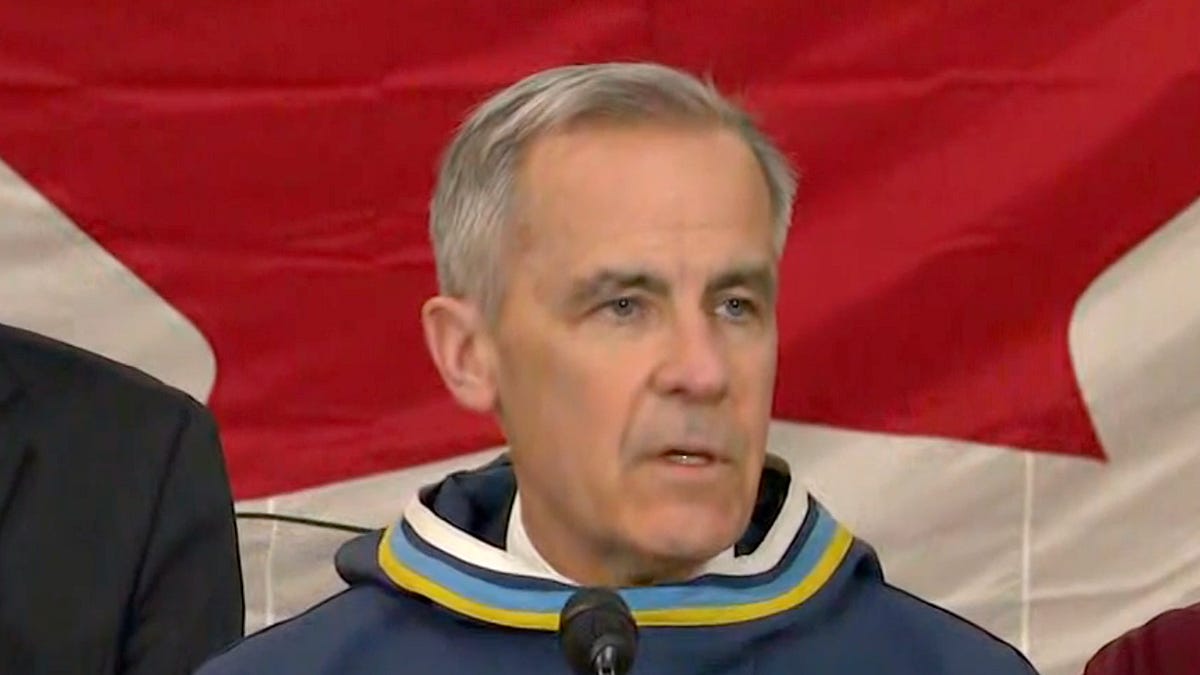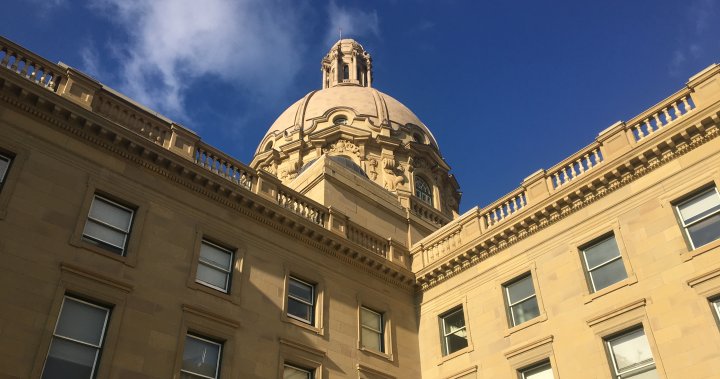To be fair, there's at least one critic ...
Invited professor | Political Studies, Faculty of Social Sciences, University of Ottawa

uniweb.uottawa.ca
... who asks if you know what's in it before it's imposed, is it REALLY blind?

openparliament.ca
An interview with Duff Conacher, co-founder of Democracy Watch, on Prime Minister Mark Carney’s blind trust, and why it's basically a ‘sham façade’

lindapannozzo.substack.com
It depends on what the assets are invested in.
If the investments in the blind trust invest in the S&P 500 ETF, as 1 example, then obviously in Trustee is 'not blind' to what's in that 1 particular investment within the blind trust - as everyone with half a brain can google the holdings within the S&P 500 ETF to know what's in it.
Another example would be say 'ZEB' the BMO CDN Banking ETF - it ONLY invests in the big 5 CDN banks, plus the National Bank - that's it, nothing more, ever, unless the ETF shareholders vote to allow the ETF Administrators to change the investment strategy of the ETF.
Now, if the Blind Trust administrators are not investing in ETF's or certain Mutual Funds (say, 'sector' funds, such as the CDN Oil & Gas Sector), then it becomes much much more difficult for the Trustee to be aware of what's within the Blind Trust. A fair amount of detail should go into the 'KYC' (Know Your Client) set of questions to understand the individual, their investment timelines, goals, current financial situation, their citizenship(s), are they mortgage free, does their spouse work, what type of life insurance do they have, do they have dependent kids requiring money for a university education, possibly what do they have laid out in the wills/estate wishes, etc, etc, etc.
It also depends on what the Trustee is 'allowed' to stipulate as to what type of investments ('I want NO alcohol or tabaco investments' for an example), they are able to dictate. If the Trustee says, "I want my portfolio to only be invested in blue chip companies domiciled only in Canada, the US and within the EU that pay a dividend with a min. of 2% and have a historical track record of returning a greater than 5% return on their investment over a rolling 10yr time period" - then they may NOT know each and every single stock in their blind trust, but with some effort and research they'd have a decent shot of 'knowing' greater then 40-50% of the blind trust's holdings.








